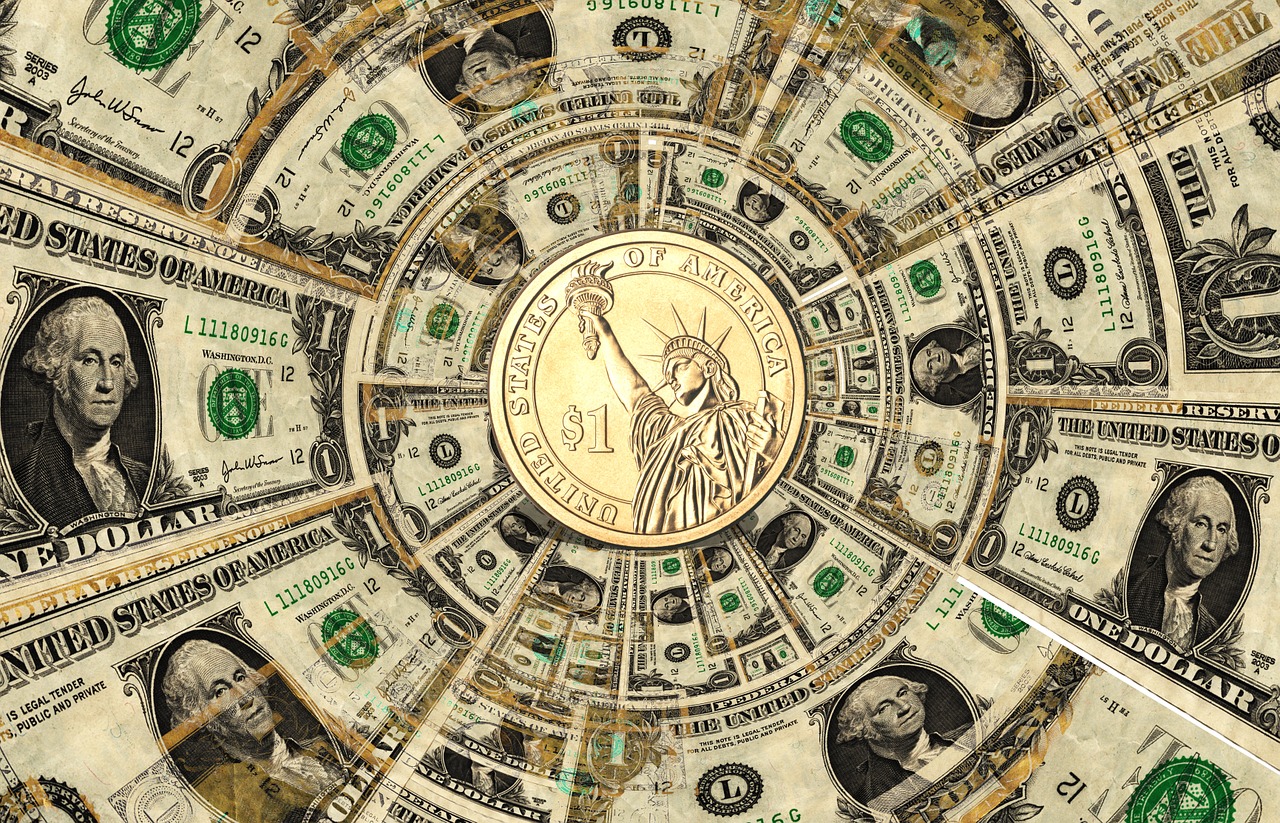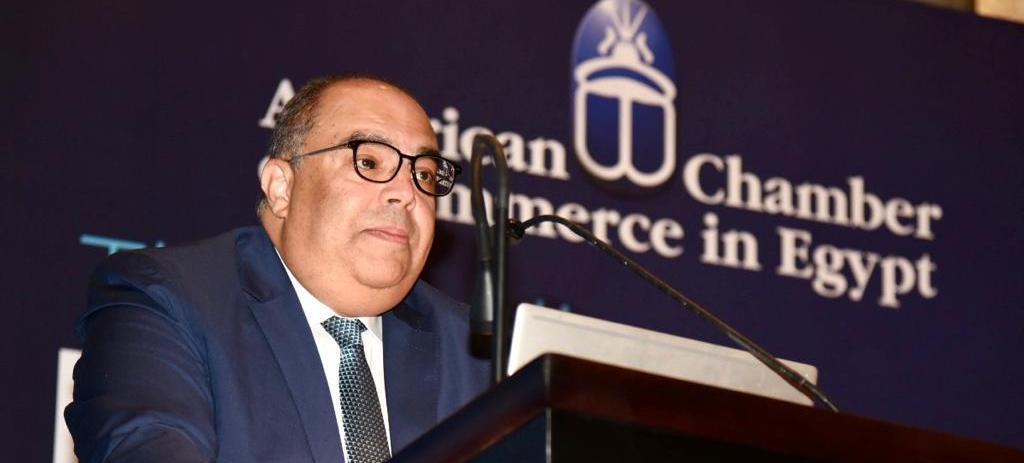Egypt is grappling with a severe shortage of US dollars, prompting the government to devise a plan to attract $191 billion in greenback liquidity by 2026. However, experts face a challenge in proposing innovative solutions due to a lack of clear data on Egypt’s current US dollar reserves. Despite this, recent measures have shown promise, but they are not enough to solve the multidimensional challenge.
In the following article, Business Monthly engages with experts to explore innovative ideas that the Egyptian government could employ to achieve its goal and address the serious shortage of US dollars.
Data dilemma: key to solving Egypt’s dollar crisis
Hany Abou-El-Fotouh, CEO of Alraya Consulting, emphasized the importance of clear data about Egypt’s current US dollar liquidity in addressing the $191 billion goal. He stated that without this data and a solid foundation, experts would struggle to contribute solutions. Abou-El-Fotouh stressed that it is the government’s responsibility to generate innovative ideas to manage this crisis, especially given the significant foreign direct investments.
It is too early to say whether the Egyptian government’s measures will be successful in addressing the dollar crisis. However, the crisis is a major challenge for the Egyptian economy, and it is likely to have a significant impact on the country’s economic growth in the coming years.
In contrast, Ali Metwally, Director of Economic Intelligence at ITI Consulting, expressed optimism regarding recent measures, noting that they have had a positive impact on the market. Egypt’s quick actions to inject more foreign exchange (FX) without devaluing its currency are seen as promising steps. However, Metwally emphasized that Egypt faces a complex and multifaceted challenge that cannot be easily resolved through executive actions alone.
Since July, Egypt has implemented various measures to address the US dollar shortage, including issuing high-yield US dollar-denominated certificates of deposits (CDs) with 7%-9% interest rates and a three-year maturity. But, appetite for these CDs among Egyptian expats, the primary target, has been weak, with less than 20% of the issued CDs covered, according to banking sources. The majority of purchasers are existing US dollar account holders, the sources, who requested anonymity said. Additionally, banks have introduced real estate financing products for expats, personal loans in US dollars secured by salaries, and even allowed male expats to settle their military status for a fee.
Egypt has also extended the tenure of US T-bills, particularly long-term ones, by 148%, reaching over $2.6 billion, and is seeking $3 billion in financing through 2026 from international financial institutions.
Light at the end of the tunnel?
Despite securing the second-largest Foreign Direct Investment (FDI) value in the region, following only the UAE, Egypt lags behind its key peers in the region—Saudi Arabia, the UAE, and Turkey—in terms of overall competitiveness. Nonetheless, Egypt possesses unique strengths that it must leverage to its advantage,” Metwally explained.
To achieve its ambitious goals, Egypt requires a comprehensive economic overhaul, according to Metwally. In this regard, the expert shared 15 ways with Business Monthly that could enable Egypt to reach its goal within the targeted three years. He suggested a range of ideas, including prioritizing technology, research, and innovation industries, fostering collaborations with universities, and improving vocational training.
“This is in addition to targeted marketing, highlighting investment opportunities, and positioning Egypt as a dependable link in global value chains,” Metwally said, adding that offering competitive logistics and transportation services, boosting global visibility through cultural exchange programs, and creating export processing zones with incentives can also aid in attracting investments.
Moreover, Metwally recommended strengthening legal frameworks to safeguard investor rights, and launching marketing campaigns to showcase Egypt’s potential, while developing business incubators to foster entrepreneurship.
“Establishing a dedicated agency to promote foreign investments, luring industrial clusters, and investing in digital infrastructure are vital steps,” he stressed.
To generate additional revenue, Banking Expert and Finance Lecturer Ahmed Shawky proposed imposing an annual fee of $100 on the 9 million refugees in the country. Additionally, he called for expediting the launch of the EGP Index, which links the local currency to a basket of hard currencies, noting it could alleviate the pressure caused by the US dollar shortage.
In conclusion, Egypt’s economic challenges necessitate innovative solutions, and these ideas offer a roadmap for attracting foreign investment and addressing the ongoing currency crunch.
Why is Egypt facing a dollar crisis?
Egypt is facing a dollar crisis due to a number of factors, including the Russia-Ukraine war, which caused a global increase in energy and food prices, which has put a strain on Egypt’s economy. Egypt is a major importer of wheat and oil, and the war has made it more expensive to import these commodities.
Moreover, the decline in tourism, a major source of foreign currency for Egypt, due to the COVID-19 pandemic has further weakened Egypt’s economy.
The Egyptian pound has lost nearly half of its value against the dollar since March 2022. This has made it more expensive for Egyptians to import goods and services and has also led to inflation. The dollar shortage has been exacerbated by the decline of foreign investment in recent years.
To combat the crisis, the Egyptian government is taking a number of measures to address the issue including raising interest rates, imposing capital controls, diversifying exports, and reducing government spending.







